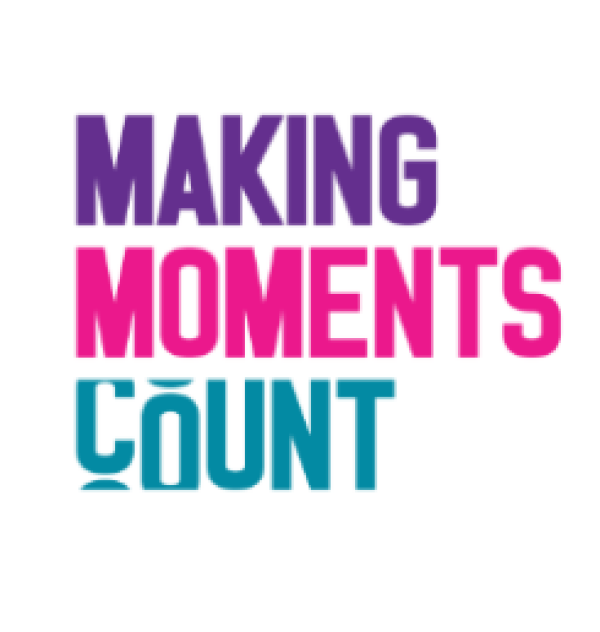Making Moments Count
We're asking you, our incredible supporters, to consider making a donation to help fund the 2026 2nds Together Retreats. SUPPORT OUR WORK

9th July 2020

My SBC story so far starts back around August 2015 when I noticed a few things were different with my left breast. It had swollen to almost twice the size of the right breast and was constantly hot to the touch and had a kind of puckered look to it. I made an appointment with my GP who started treating me for Mastitis with a 2 week course of antibiotics and then more antibiotics until almost 5 weeks had gone by with no changes. I already suspected there was more wrong as I didn’t have any children, and there was a history of breast cancer in the family, so I thought mastitis was quite an unusual thing for me to have. I had some problems getting my breast referral sorted and started to panic a fair bit as it was now about 6 weeks from initial symptoms. Thankfully, my employer stepped in and paid for me to go for a private referral to Ross Hall hospital. The appointment consisted of an examination and an ultrasound and I received confirmation at the end of the day that I had breast cancer. Cue some shaky moments and tears with my friend until a plan was worked out.
Ross Hall sent my results to the New Victoria Hospital where I began treatment for ER+ primary breast cancer. I had neoadjuvant chemotherapy (chemo prior to operation), mastectomy and then radiotherapy. I spent the best part of 2016 undergoing these stages of treatment. I had a follow up scan after radiotherapy and before my discussions could begin on reconstruction the scan highlighted areas of mets in my bones that had likely been there since the beginning of treatment. Reconstruction was now off the table.
So, no break from treatment as I went straight in to my first line medication which consists of Letrozole (oral hormonal therapy), Zoladex Injection (monthly - this shuts down the ovaries and prevents estrogen) and Ibandronic Acid (Bone Strengthener). I feel very privileged to still be on the first line after 4 years and to have had stable scan results which have increased from every 3 months to currently every 6 months. Side effects for me are relatively manageable as my main issue is bone pain and neuropathy in my fingers. I manage the bone pain with the help of my riser-recliner massage chair which has been invaluable.
I requested a change to my treatment plan about 3 years in, when I asked if I could have elective surgery to remove my ovaries - Oophorectomy - in order to stop taking the Zoladex injection. This was approved and completed the relatively minor surgery and was back home the following day. A few weeks rest and recuperation and I was back on track, or so I thought. It was a big decision to make as it ultimately meant no children for me but I’ve always felt that in this situation I find myself in, you have to do what is best for you each day and in the long term this was best for me.
With the ovary removal brought a heightened reaction to my forced menopause symptoms and my mental health took a bit of a tumble. I struggled with work and coping and could not understand what was going on with my body. Thankfully, Maggies Centre stepped in and helped me understand what happens when stress hormones take over to compensate from lack of estrogen. So incredibly helpful having someone explain things to you.
Generally over the four years I’ve been well and #livingwellwithcancer and I hope that continues and I can remain stable for as long as possible.
There are SO many different treatment options and every person’s case is different which is why no one person’s plan is ever the same.